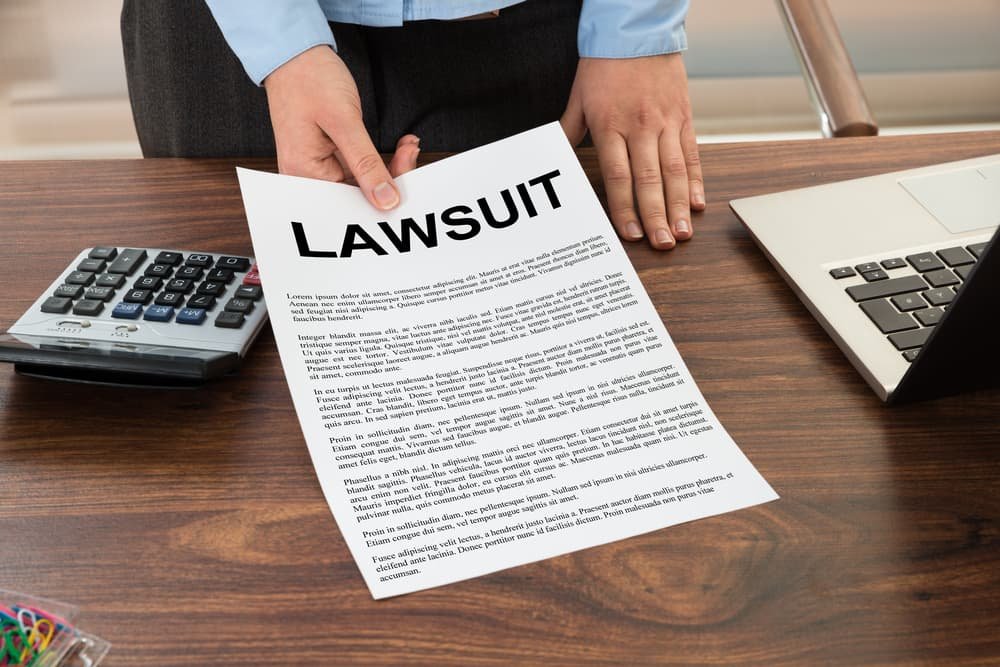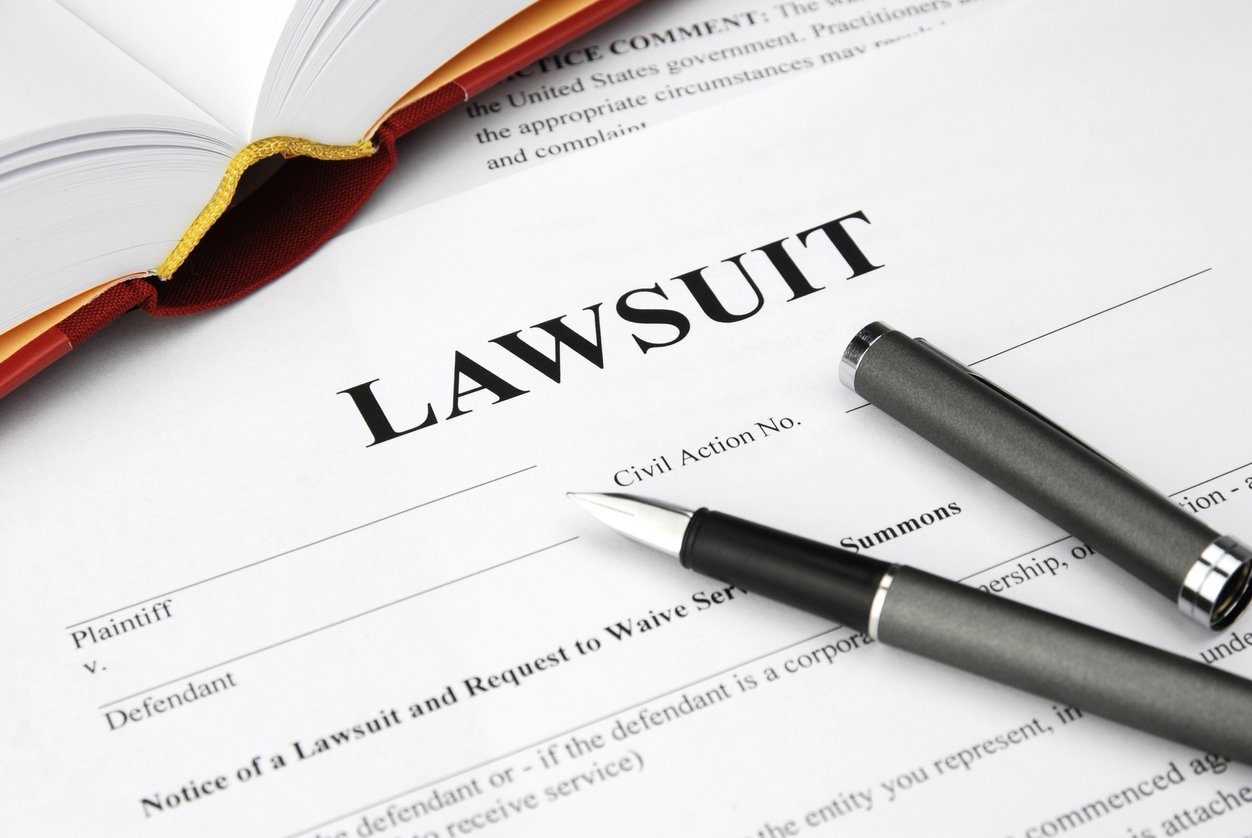The University of Metaphysical Sciences (UMS), a prominent institution in alternative and spiritual education, has been at the center of a complex legal dispute for several years. The case involves allegations of trademark infringement, misleading practices, and debates over accreditation standards. This legal battle has not only affected the university’s operations but has also sparked broader conversations about the role of alternative education in modern academia.
University of Metaphysical Sciences Lawsuit Update: Background of the Case
The legal issues began in 2017, when UMS was accused of trademark infringement and improper advertising practices. The primary plaintiff, the International Metaphysical Ministry (IMM)—which operates the University of Metaphysics and the University of Sedona—alleged that UMS used its trademarks in a way that could confuse potential students. IMM claimed this misrepresentation damaged its reputation and business interests.
In response, UMS has consistently denied these allegations. It maintains that its advertising practices are transparent and ethical, designed to inform rather than mislead. UMS also argues that its unique accreditation standards cater specifically to metaphysical education, which differs fundamentally from traditional academic frameworks.
The Role of Accreditation
One of the focal points of the lawsuit is accreditation. UMS openly operates outside conventional academic accreditation systems, choosing instead to align with standards tailored to metaphysical studies. Supporters argue that this approach enables innovation and deeper spiritual exploration. Critics, however, assert that it undermines the perceived value of UMS degrees and certifications.
Legal Proceedings and Updates
The lawsuit has been marked by a series of developments over the years:
- Dismissal of Claims: In 2024, several claims against UMS were dismissed by the federal court. This was seen as a victory for UMS, as it highlighted the lack of sufficient evidence to support the allegations. However, certain claims remain active, and a trial is scheduled for June 2025.
- Counterclaims by UMS: UMS filed a countersuit accusing IMM of defamation and anti-competitive behavior. The countersuit emphasizes UMS’s efforts to operate ethically while defending its reputation in the face of what it describes as baseless allegations.
- Operational Continuity: Despite the legal challenges, UMS has continued to operate without interruption. It has reassured its students and stakeholders that the lawsuit does not impact its educational mission or course availability.
Community and Financial Impacts
The lawsuit has had mixed impacts on UMS’s community and finances:
- Community Support: The metaphysical and spiritual community has rallied behind UMS. Alumni, current students, and supporters have launched fundraising campaigns and shared positive testimonials about their experiences at the university. This support underscores the deep connections UMS has fostered within its niche educational field.
- Financial Challenges: Defending against legal claims has strained UMS’s resources. The institution has relied on loans and donations to cover legal expenses. However, it has managed to maintain financial stability and even expand its course offerings.
The Broader Debate: Alternative Education vs. Traditional Standards
The lawsuit has highlighted the tensions between alternative educational models and traditional academic standards. Advocates of UMS and similar institutions argue that the flexibility of non-traditional accreditation allows for personalized and innovative learning experiences. They see the legal scrutiny as an attack on spiritual education itself.
Conversely, critics maintain that a lack of conventional accreditation can mislead students about the real-world applicability of their degrees. They argue that institutions like UMS should be held accountable to more rigorous academic and operational standards.
Implications for Students and Educators
The outcome of this lawsuit could have far-reaching implications:
- For Students: Current and prospective students are closely watching the case to understand how it might affect the value of their degrees. UMS has taken steps to reassure its students, emphasizing that its courses remain valid and recognized within the metaphysical community.
- For Educators: The case has raised awareness about the need for transparency and accountability in alternative education. It could influence how other institutions structure their programs and communicate their credentials.
Looking Ahead: What’s Next for UMS?
As the trial date in June 2025 approaches, both UMS and IMM are preparing for a pivotal moment in their ongoing dispute. The court’s decision could:
- Validate Alternative Models: A favorable ruling for UMS could reinforce the legitimacy of alternative educational frameworks and set a precedent for similar institutions.
- Impose New Standards: If the court sides with IMM, UMS may be required to adopt more traditional accreditation standards or revise its marketing practices.
University of Metaphysical Sciences Lawsuit Update: Conclusion
The University of Metaphysical Sciences lawsuit is more than a legal dispute; it represents a critical juncture in the evolution of alternative education. For students, educators, and spiritual practitioners, the case underscores the importance of balancing innovation with accountability. Regardless of the outcome, UMS has demonstrated resilience and commitment to its mission, remaining a cornerstone of metaphysical education.
This ongoing story highlights the challenges and opportunities faced by non-traditional educational institutions as they navigate the complex intersection of spirituality, academia, and legal frameworks.
FAQs
What is the University of Metaphysical Sciences known for?
UMS specializes in metaphysical and spiritual education, offering courses on meditation, energy healing, and personal growth.
Why is UMS involved in a lawsuit?
The lawsuit involves disputes over trademark infringement, advertising practices, and accreditation standards.
What are the potential consequences of the lawsuit?
The case could lead to operational changes at UMS, including revisions to its accreditation and marketing practices.
How does the lawsuit impact current students?
UMS has reassured students that its courses and certifications remain unaffected by the legal proceedings.
Why is accreditation a central issue in the case?
Accreditation ensures academic credibility. Critics argue that UMS’s non-traditional accreditation may mislead students about the value of their degrees.
What is the significance of this lawsuit for alternative education?
The case could set legal and operational precedents for other non-traditional educational institutions.





